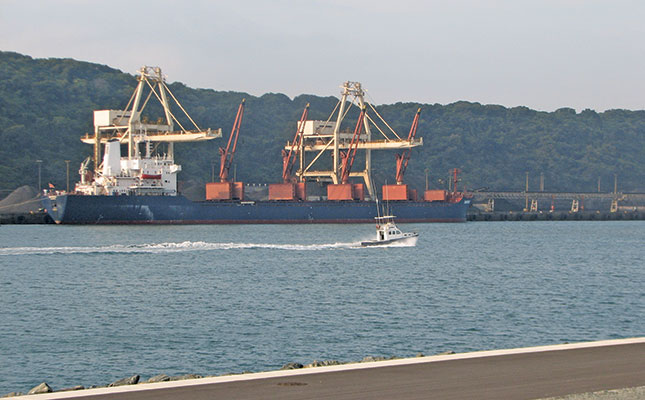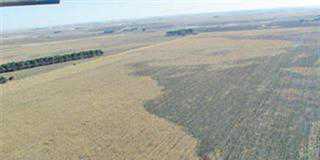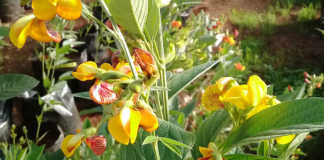
Photo: FW Archive
The fallout of the Russia-Ukraine war is expected to have a serious impact on the cost of production and distribution of food around the globe, and ultimately the consumer.
This was the opinion of stakeholders in the South African agriculture sector following the escalation of hostilities in recent days.
Christo Joubert, manager of agro-food chains at the National Agricultural Marketing Council (NAMC), said droughts in key production regions had already negatively affected global carry-over stock for 2021/2022, resulting in prices of certain food commodities reaching an all-time high in January.
Countries such as China and India trying to increase their reserves and keeping local food prices low in light of even tighter food supplies were further supporting commodity prices, the International Grains Council recently announced.
This situation would be further compounded by the Russia-Ukraine conflict, as together, the two countries were responsible for more than 25% of the world’s wheat exports, he added.
Joubert said that Ukraine also exported more than 15% of the world’s barley, close to 15% of the world’s maize, and 40% of global sunflower oil.
“South Africans are already experiencing increasing food prices for most staple foods, such as maize, wheat and animal protein products,” Joubert said.
Christo van der Rheede, executive director of Agri SA concurred, and added that financial markets had immediately reacted to the conflict, with stock markets falling sharply and commodity prices soaring.
South Africa also imported 80% of its fertilisers, with Russia being among the largest exporters of fertilisers globally, he said. Russia’s halting of exports along with the substantial increase in the price of Brent Crude oil significantly affected fertiliser, fuel and agrochemical prices.
According to Van der Rheede, the prices of primary agricultural inputs in South Africa had already increased more than 100% compared with January 2021.
Meanwhile, the Western Cape Department of Agriculture was taking steps to alleviate the impact of the conflict on agricultural trade in the province.
According to the Western Cape MEC for agriculture, Dr Ivan Meyer, the Bureau for Food and Agricultural Policy (BFAP) would be called on to monitor the development of trade or supply chain blockages resulting from the conflict, to assist the sector in developing an appropriate response to the situation.
The department was also exploring market opportunities offered through the African Free Trade Agreement to offset reduced access to Russia, and was engaging with the national Department of Agriculture, Rural Development and Land Reform to develop a sector response plan.
This followed a meeting with various agricultural role players on 7 March to discuss the impact of the conflict on agricultural trade in the Western Cape.
During the meeting, industry role players said the most significant challenges related to logistics, financial losses and the diversion of fruit shipments to alternative markets, which was the result of major shipping lines no longer delivering supplies to Russia, and harbours in Rotterdam, Antwerp and Bremerhaven being extremely congested due to the scanning of containers for explosives.
Meyer said the combined value of South African agricultural exports to Russia and Ukraine was about R4,1 billion in 2020.












